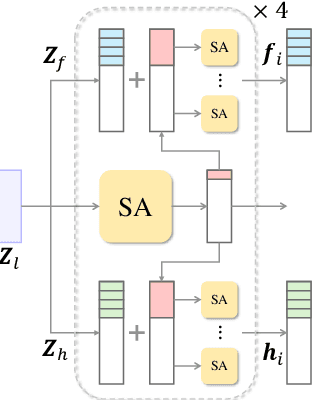Atlas Gaussians Diffusion for 3D Generation with Infinite Number of Points
Paper and Code
Aug 23, 2024



Using the latent diffusion model has proven effective in developing novel 3D generation techniques. To harness the latent diffusion model, a key challenge is designing a high-fidelity and efficient representation that links the latent space and the 3D space. In this paper, we introduce Atlas Gaussians, a novel representation for feed-forward native 3D generation. Atlas Gaussians represent a shape as the union of local patches, and each patch can decode 3D Gaussians. We parameterize a patch as a sequence of feature vectors and design a learnable function to decode 3D Gaussians from the feature vectors. In this process, we incorporate UV-based sampling, enabling the generation of a sufficiently large, and theoretically infinite, number of 3D Gaussian points. The large amount of 3D Gaussians enables high-quality details of generation results. Moreover, due to local awareness of the representation, the transformer-based decoding procedure operates on a patch level, ensuring efficiency. We train a variational autoencoder to learn the Atlas Gaussians representation, and then apply a latent diffusion model on its latent space for learning 3D Generation. Experiments show that our approach outperforms the prior arts of feed-forward native 3D generation.
 Add to Chrome
Add to Chrome Add to Firefox
Add to Firefox Add to Edge
Add to Edge